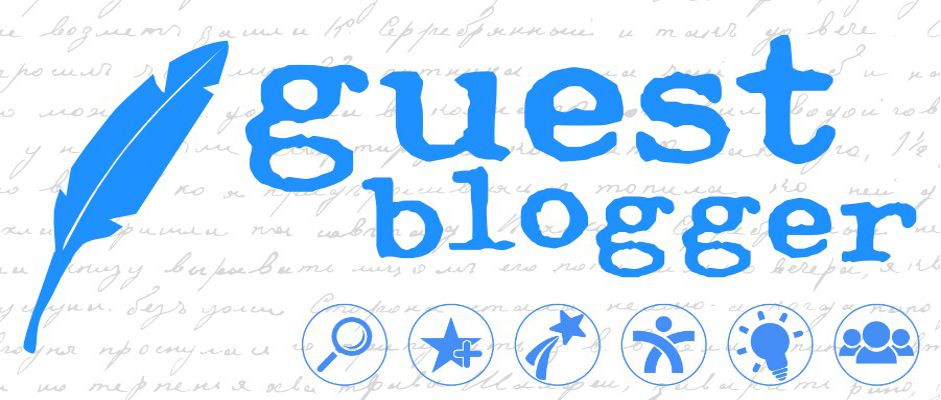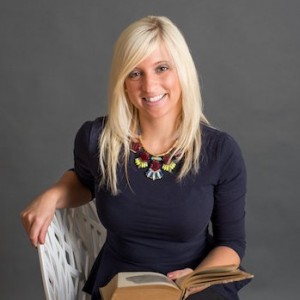
How Online Teaching Found Me
Never did I picture myself teaching online. It found me. I have discovered that so many other colleagues have fallen into their practice of teaching.

Careers in accounting, biology, nursing, the legal field and our criminal justice system led many of my community college colleagues to find their place in the classroom later in their lives. It suits them well. They share their passion for a field of study and bring real-world expertise and practical knowledge to their students. For me, a career educator, teaching was my passion. To be able to deliver my subject matter, which is global, social and cultural history to the most diverse of students and to many learning styles was my goal. As a millennial, I believe especially when I began my career that there was an underlying misconception that I might be a digital native, comfortable teaching online and most of all fluent in everything technology.
The problem was that I self-identified as a traditionalist teacher. I found freedom and flow in the physical classroom. I thought I was a pen, paper and books kind of person. Maps to uncover, artifacts to carefully analyze, hands-on collaboration; these were strategies I employed. I envisioned holding chalk in my hands. Wow, I did use that board! It was with the books, the movement among desks and around students, and the classroom as the space where I knew learning would take place. As I continued to plan out my career in higher education, I believed in applying innovative methods to the traditional mediums of teaching. And then one day, I was asked to teach Western Civilizations online.
At first, I panicked having never taken a single online course. Who and what would I model? How would I engage the students? Who will be taking this class and how would I know? How do you even administer a test? After clearly answering my initial questions by thorough research and a lot of mentor oversight, I realized that I was hooked! I even enrolled in a fully online doctorate program to explore innovation and online learning at the community college. As a lifelong learner, I wanted to understand and better relate to my students. Now, I realize that the pool of people who have experienced online learning is growing and becoming more commonplace.
“To see the diversity of the courses and the interest of faculty to teach remotely has inspired me.”
At the community college, I have seen a significant transition silently take place. Taking a leading role as a participant in delivering dozens of online courses that allow students from all parts of the country to learn from our amazing faculty has been a winding road. To see the diversity of the courses and the interest of faculty to teach remotely has inspired me.
Each of us problem-solves how to make improvements in our courses. How can we “bring” the students to France to see where the Revolution took place? Teaching good history requires adequate knowledge of geography and visualization of past events. It is no problem at all with Google Earth! How can a colleague track her students’ progress while viewing constellations in astronomy? Fairly well with assignment submission tools built in to our learning management systems. A communications professor can demonstrate data showing significant improvements in the achievement of several learning outcomes through the use of her custom-tailored digital textbook which is more affordable and accessible to her students. I think my mentors and faculty supervisors realized something I didn’t see in myself.
Seven years later as an online teacher, I can engage each student that is willing to learn. I work with each of them one-to-one. Faculty teaching completely different subjects are connecting to one another by the common thread of online instruction. Remote teaching, as it was once called, has in all actuality brought our community together. The conversations and the continued learning are as big as the web itself. Knowing that as each course “goes live”, I am truly reaching each student right where they are is inspiring in itself. Our shared success, and yes, even some obstacles along the way, drive me to become a more innovative teacher; always researching and pushing to understand new delivery methods, apply various learning styles and better utilize our learning software and digital tools. I now consider myself a progressive traditionalist educator.
Nicole is a 2017 Open SUNY Online Teaching Ambassador and an Open SUNY Fellow.
If you would like to be a guest author for the COTEhub, contact Erin Maney.